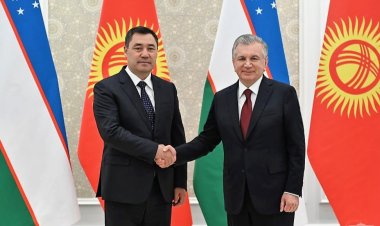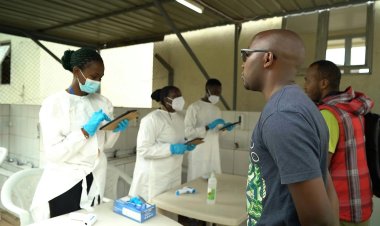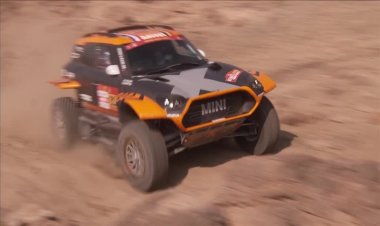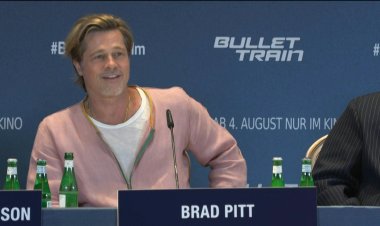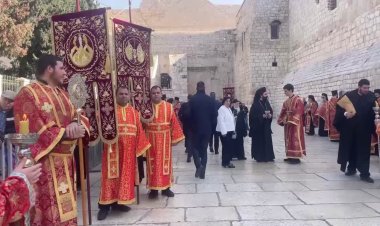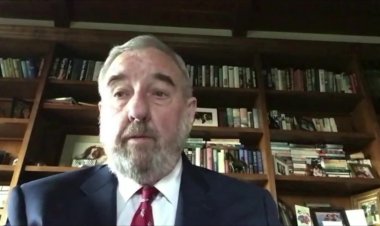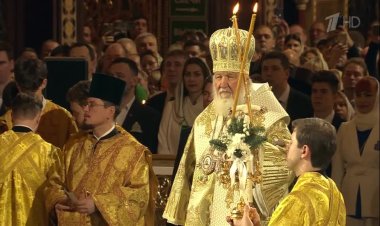Road blockades paralyze Bolivia's highways

Road blockades continued in Bolivia's Cochabamba department as supporters of former President Evo Morales resisted government efforts to clear the roads, which were obstructed by stones and branches. Morales, who has been disqualified from the upcoming August 17 general elections, is pushing for his candidacy to be reinstated while demanding the resignation of President Luis Arce, his former ally.
President Arce has condemned the protests, accusing Morales of attempting to destabilize the government, while Morales blames Arce for creating a national crisis. Despite being constitutionally barred from running due to a ruling that limits presidents to two consecutive terms, Morales has called on his supporters to demonstrate for his eligibility.
The protests have significantly disrupted transportation and supply chains, leading to shortages of essential goods and fuel across the country. In Cochabamba, a stronghold for Morales, at least nine roadblocks have been reported, paralyzing major highways and affecting traffic between Sucre and La Paz. The economic impact has been severe, with the transport sector facing millions of dollars in losses and rising prices for basic commodities.
The Bolivian government has condemned the protests, with Interior Minister Roberto Ríos accusing demonstrators of holding cities hostage and undermining the country's institutions. The administration has vowed to use all legal means to prevent further destabilization. Tensions between Morales and Arce have escalated, with Morales accusing Arce of a "judicial war" against him, while the government maintains that Morales is barred from running.
In a dramatic turn, Morales' supporters stormed a military barracks in Chapare province, taking around 20 soldiers hostage, raising concerns about potential violence and instability. The ongoing unrest has attracted international attention, with human rights organizations and foreign governments closely monitoring the situation.




